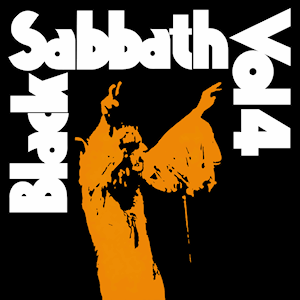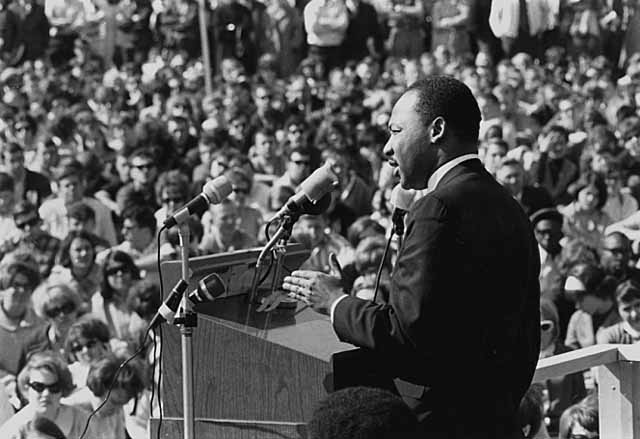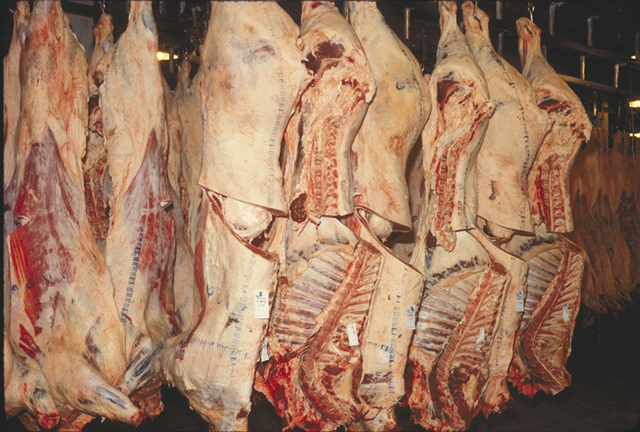| The Manics |
Every so often Chigblog goes a little dark. Akin to Dan Carlin’s (and Winston Churchill’s)
“Black
Dog Depression”? From the end of the,
um, grim song “Of Walking Abortion” by the Manic Street Preachers:
Little people in
little houses
Like maggots small
blind and worthless
The massacred
innocent blood stains us all
Who's responsible -
you fucking are
Who's responsible -
you fucking are
Who's responsible -
you fucking are
Who's responsible -
you fucking are
Who's responsible
And another chunk of lyrics from Black Sabbath's "Cornucopia":
Let them have their little toys
Fast sports cars and motor noise
Exciting in their plastic place
Frozen food in a concrete maze
You're gonna go insane
I'm trying to save your brain

Not so little
people these days, nor such little houses, but
perhaps yes to the rest, frozen food, fast food and endless car commercials. Where is the
hope in this view – none needed: pure fact and realization, uttered succinctly
and piercingly.
 |
| Neil Kramer |
Checked out Neil Kramer
again recently. (For another
interview check out Neil’s talk with the terrific Jasun Horsley – awkward .
. .) I’ve liked what Kramer has talked
about since I first heard him though there is a flicker on my bullshit
meter. But hey, the same could be said
for just about everyone right? (Chris
Hedges is awesome but still the flicker – this
is bizarre.) Anyway, he was on fire
talking with James Tracy. We have just had our record breaking caucus
here and Mr. Kramer name dropped the source – or the representative – of all
that interest. Here is his quote:
There
are two, essential different worldviews in America and Europe at the moment.
[…] The first worldview holds that the government is democratic, does some good
things, does some stupid things and is kind of struggling under difficult
circumstances with a lot of bureaucracy and red tape but it is nevertheless
freely elected and is a decent representative body to administrate national and
international affairs on our behalf – the best thing we have right now. […] An empire leverages that dream, for those
people who buy into that, it leverages that idealism – Bernie Sanders being a
great example of that – and it provides hopefulness to naïve people I would
say, quite frankly. […] The second worldview, much simpler. A view which
arises from a very stark realization that the government is utterly broken,
deeply corrupt and quite beyond reform.
Not something that in any way can be reversed engineered or
progressively adapted to meet the need of modern society. And, in fact, one cannot help but conclude that
the government is not at all in the business of representing the people. It never was.
So what do we do?
Listen to grim tunes? What can break the mold that these rock bands so ruthlessly skewer? I appreciate that in Kramer's interview he compared Napalm Death to George Michael. Michael was a commercial success delivering risqué pop songs while Napalm Death was relatively unheard of singing about the dark realities of the world. Perhaps its time to break out Jared Diamond's Collapse and ruminate on the impermanence of it all. To end with some lyrics to Stereolab's "Wow and Flutter":
The US flag would float forever
The cold opponent did pack away
The capital will have to follow
Oh yes it will go
It's not eternal, imperishable
The dinosaur law
I thought IBM was born with the world
The US flag would float forever
The cold opponent did pack away
The capital will have to follow
It's not eternal, imperishable
Oh yes it will go
It's not eternal, imperishable
The dinosaur law
 |
| Stereolab |











